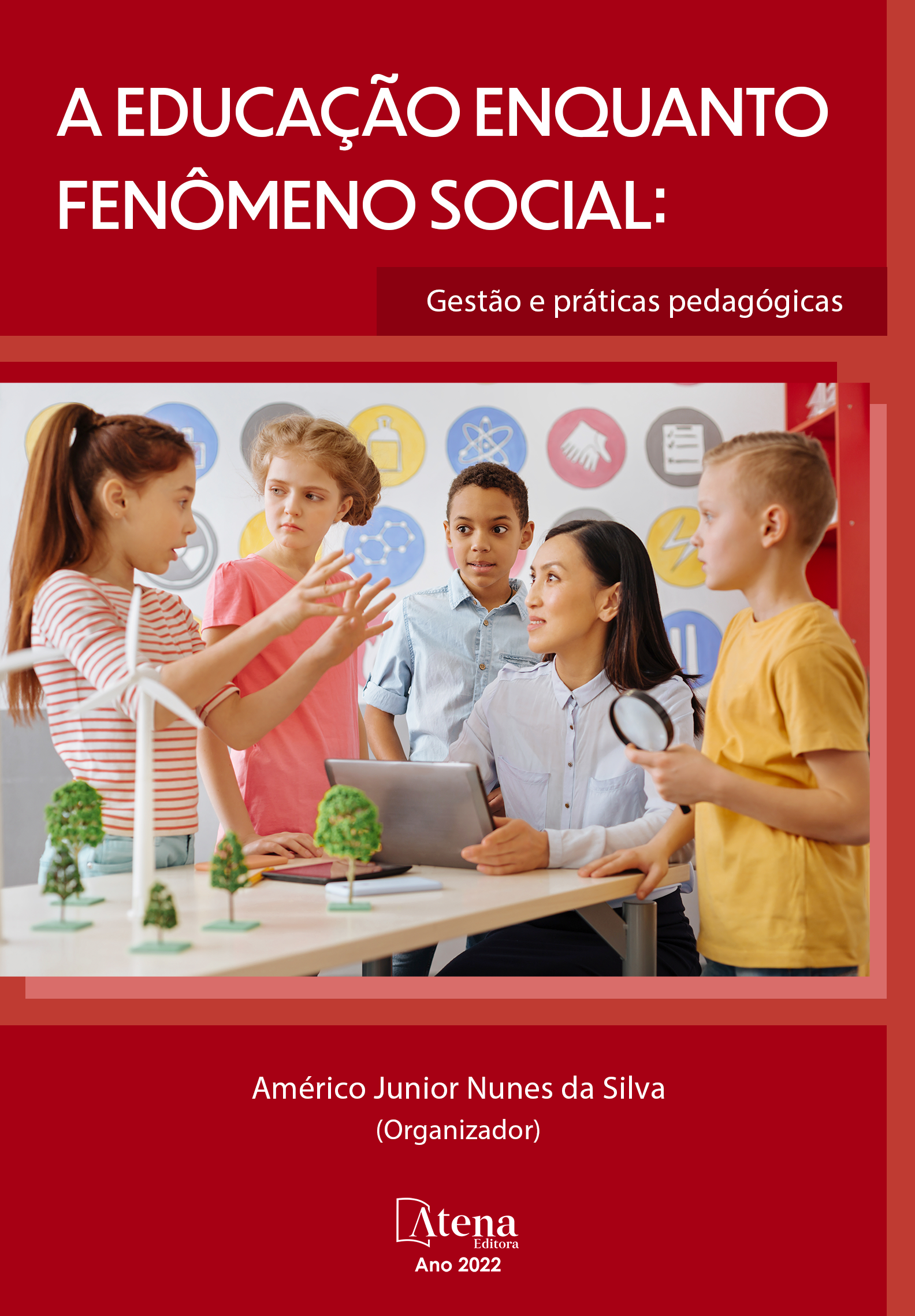
A UTILIZAÇÃO DE JOGOS EDUCACIONAIS PARA MELHORAR A ALFABETIZAÇÃO DE ALUNOS COM DEFICIÊNCIA: UMA REVISÃO NARRATIVA
Trata-se de uma revisão narrativa que tem por objetivo apresentar os jogos educacionais como instrumento de melhoramento da alfabetização dos alunos com Deficiência Intelectual (DI). A deficiência intelectual é caracterizada por limitações nas habilidades mentais gerais relacionadas à inteligência, atividades de raciocínio, resolução de problemas, etc. A inteligência humana é avaliada pelo quociente de inteligência (QI), que é obtido por meio de testes padronizados. Para uma pessoa com deficiência de desenvolvimento intelectual, ela precisa de uma pontuação de 75 ou menos nas avaliações dos testes psicológicos, que são testes, roteiros e escalas baseados na teoria psicogenética. Existem muitas dúvidas e discordâncias sobre a inclusão escolar de alunos com DI, os quais constituem um grupo altamente heterogêneo. Em se tratando da inclusão desses alunos no âmbito escolar, é de suma importância realizar tal inclusão para o ensino e aprendizagem dele, conforme confirmam os autores para tal reflexão. Quando o processo de inclusão escolar envolve a mudança de práticas pedagógicas estratificadas e os professores e gestores consideram a subjetividade dos alunos no planejamento do ensino, isso propicia aos alunos oportunidades importantes que podem resultar em ganhos acadêmicos e sociais consideráveis. Com isso, o aluno com DI, embora apresente atrasos cognitivos e/ou motores em seu desenvolvimento, precisa vivenciar atividades lúdicas no cotidiano escolar, pois necessita de mais estímulos que os demais para que possa desenvolver suas habilidades motoras, cognitivas e sensoriais.
A UTILIZAÇÃO DE JOGOS EDUCACIONAIS PARA MELHORAR A ALFABETIZAÇÃO DE ALUNOS COM DEFICIÊNCIA: UMA REVISÃO NARRATIVA
-
DOI: /10.22533/at.ed.21722090824
-
Palavras-chave: Educação. Deficiência Intelectual. Jogos Educativos. Educação Inclusiva
-
Keywords: Education. Intellectual Disability. Educational games. Inclusive education
-
Abstract:
This is a narrative review that aims to present educational games as a tool to improve the literacy of students with Intellectual Disabilities (ID). Intellectual disability is characterized by limitations in general mental abilities related to intelligence, reasoning activities, problem solving, etc. Human intelligence is evaluated by the intelligence quotient (IQ), which is obtained through standardized tests. For a person with an intellectual developmental disability, he or she needs a score of 75 or less on psychological test assessments, which are tests, scripts, and scales based on psychogenetic theory. There are many doubts and disagreements about the school inclusion of students with ID, who constitute a highly heterogeneous group. When it comes to the inclusion of these students in the school environment, it is extremely important to carry out such inclusion for their teaching and learning, as confirmed by the authors for such reflection. When the school inclusion process involves changing stratified pedagogical practices and teachers and administrators consider students' subjectivity in teaching planning, this provides students with important opportunities that can result in considerable academic and social gains. With this, the student with ID, although presenting cognitive and/or motor delays in their development, needs to experience playful activities in the school routine, as they need more stimuli than the others so that they can develop their motor, cognitive and sensory skills.
-
Número de páginas: 14
- Maurilia Quinta Moreira
- Ana Paula da Costa Almeida
- Mary da Silva Costa Brandão
- Lenilza Cardoso Tavares
- Maria da Penha Nóbrega Uchoa Cordeiro


